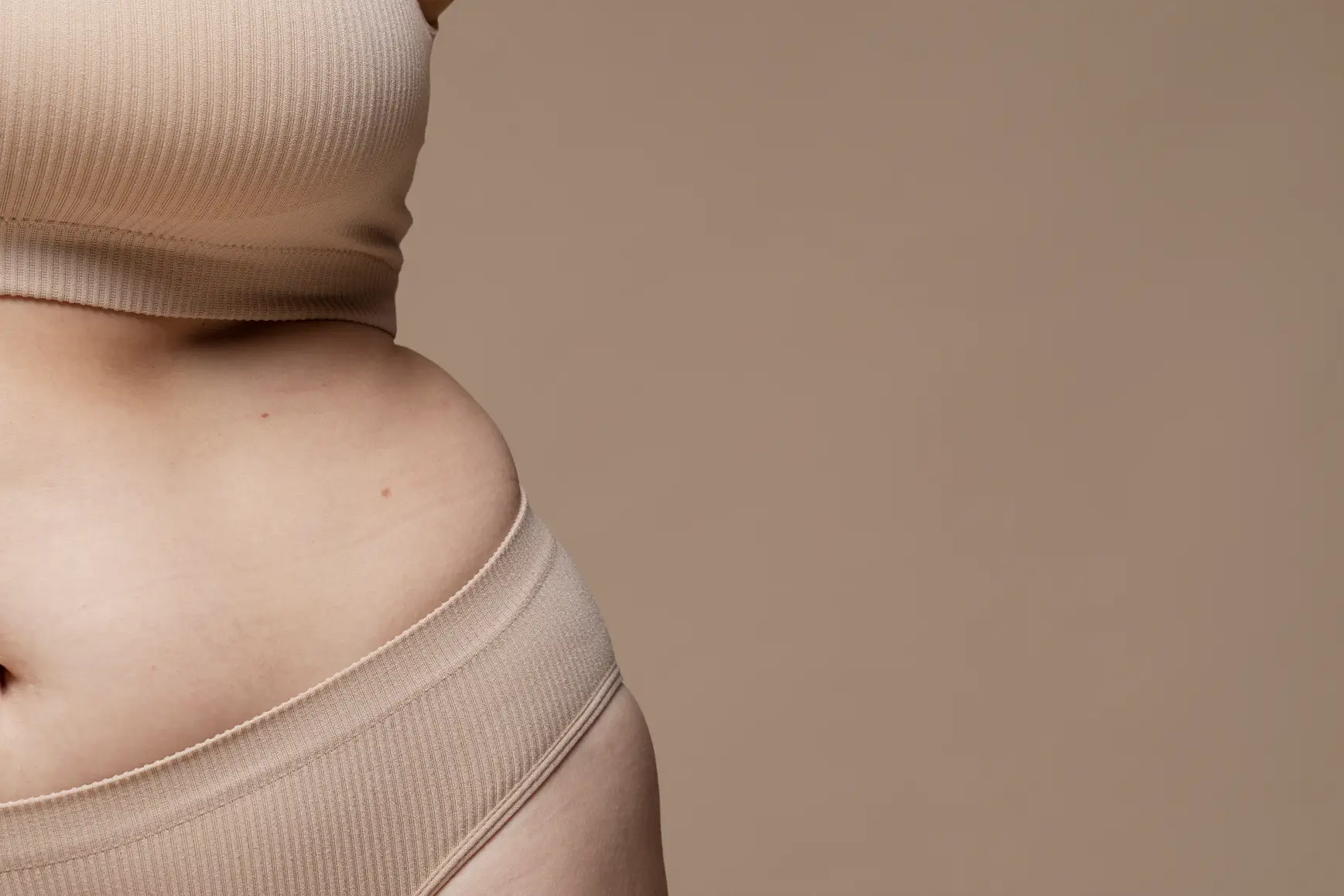During menopause, sleep problems are common. Trouble falling asleep, waking during the night, light sleep… and on waking: fatigue, irritability, lower energy. Sleep is a pillar of well-being; when it wobbles, everything wobbles a little with it.
Why do they show up in menopause?
- Progesterone normally has a natural calming effect.
- Estrogen helps regulate our internal clock (biological rhythm).
- When these hormone levels drop, sleep becomes more fragile.
- Night sweats and hot flushes can wake you in the middle of the night.
- Stress or anxiety makes it harder to fall back asleep.
Result: sleep is often disrupted and nights are less restorative.
What you might feel
- Difficulty falling asleep despite feeling tired
- Frequent awakenings in the night
- Sweating or feelings of heat at night
- The sense of light sleep, little deep rest
- Tired on waking
- Lower daytime energy
Tips that help:
- Create a calming evening routine (reading, warm bath…)
- Cut coffee, alcohol and screens in the evening — at least an hour before bed
- Go to bed and get up at fixed times
- Keep the bedroom cool, dark and quiet
- Move regularly during the day
- Learn to calm your mind: breathing, meditation, heart-coherence
Additional support:
If bio-identical hormone therapy suits you — it isn’t right for everyone — it can clearly improve sleep. If not, here are three plant-based supplements that give excellent results:
- Arkorelax
- Sediplus Sleep Complete + melatonin
- Novanuit (France)
All three worked for me; they transformed my nights as well as my days.
Do you recognise yourself in this? You’re not alone.
Your body is changing, and you can support it with concrete habits.
Calmer nights are within reach.
Subscribe to newsletter
Get expert tips, fresh insights, and early access to features designed to support your journey.
Sign up for newsletter
Get expert tips, fresh insights, and early access to features designed to support your journey.










